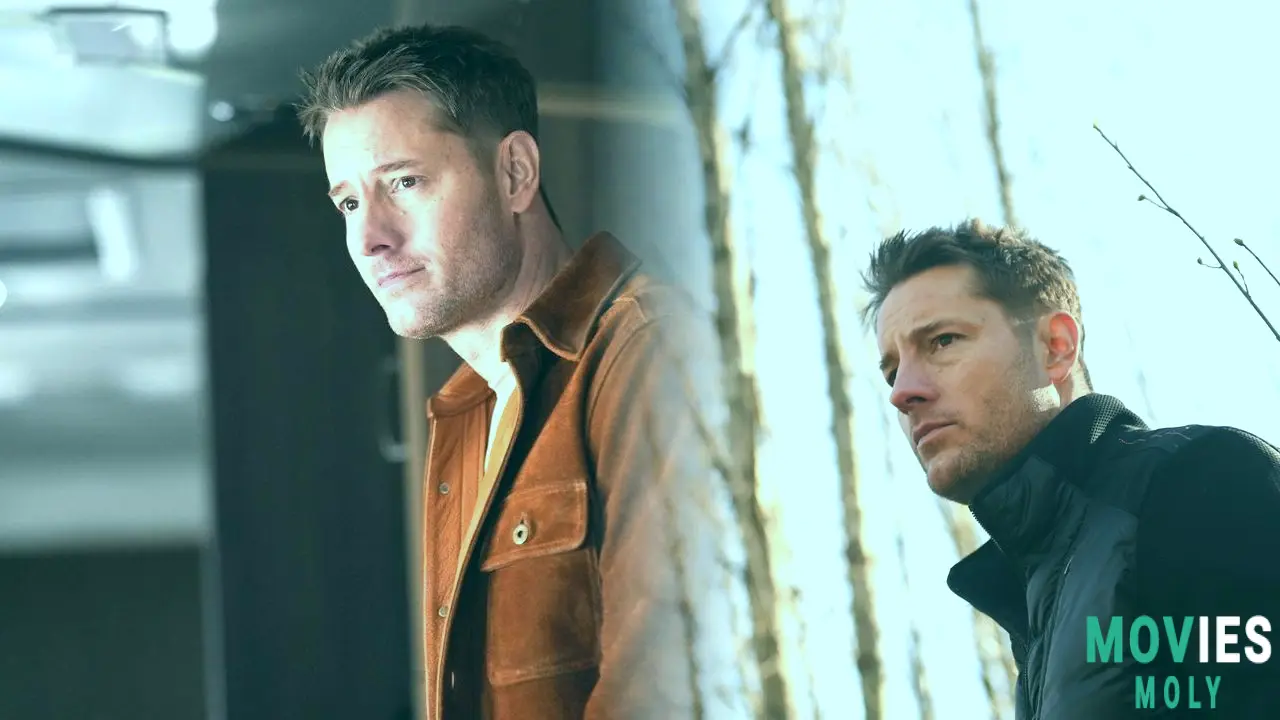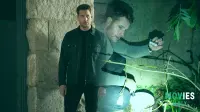By Nicolas Ayala
Few TV characters walk the tightrope between gritty realism and genre-tinged escalation as deftly as Justin Hartley’s Colter Shaw in CBS’s Tracker. Now in its explosive second season, the rewardist-turned-man-of-action series has morphed from a sleek procedural into something far more atmospheric — and Hartley, who also serves as an executive producer, is clearly steering the ship with both passion and precision.
How Justin Hartley Turned Colter Shaw Into A Mortal Thriller ProtagonistHartley’s journey with Tracker isn’t just about punching, chasing, or tracking (though there’s plenty of that). It’s about grounding a character who often finds himself in life-or-death situations back to one essential truth: Colter Shaw is not a superhero. As Hartley told The Hollywood Reporter during a recent interview, the decision to push the show's tone darker in the final episodes of season two wasn’t just creative flair — it was necessary.
“I think it's important to keep upping the stakes,” Hartley said. “I like being Colter as a hero, finding people and all that. I also really like seeing him in a suspenseful thriller and a dangerous situation. I don't want our audience to forget that this man is mortal, he's not a superhero. He can die! The things he is doing are very very dangerous.”
This isn’t just talk. Episodes like the snow-bound “Mercy Seat” — a chilling thrill that feels like a genre remix of Deliverance — show Colter not only surviving but improvising in environments that seem designed to break him. And Hartley, who didn’t shy away from physical risks (including some real falls on the icy set in Whistler), embodies that grit with a palpable sense of urgency.
Tracker Season 2’s Bold Tone Shift Unlocks New Layers For Colter
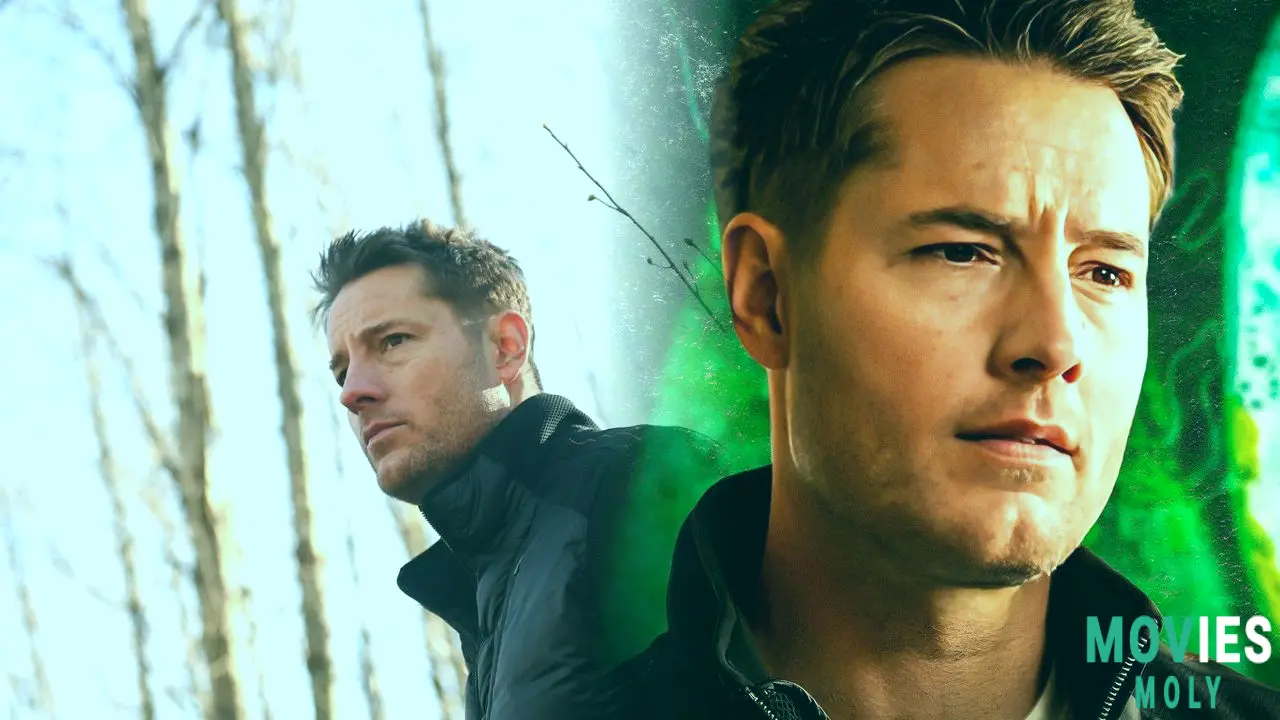
What’s especially striking about Tracker season two is how it experiments without losing its core identity. Episodes like “Exodus” and “Mercy Seat” flirt with the supernatural and the surreal, while still anchoring every moment in Colter’s emotional reality. The result is a show that feels free to explore — but never at the expense of character.
“I didn’t want it to be this thing where you watch it and go, ‘I know how this is going to happen,’” Hartley explained. “I wanted the character to be forever evolving. I think our audience deserves that.”
And evolve he does. As the series hurtles toward a five-episode finale drop in late spring, Colter is not only chasing missing people — he’s chasing the truth about his own past. A mysterious box, a shadowy element in his father’s death, and a growing sense of personal danger turn the final episodes into a tightly wound emotional and narrative climax.
Why Colter Shaw Needs A Partner — And Who Might Fill That Role
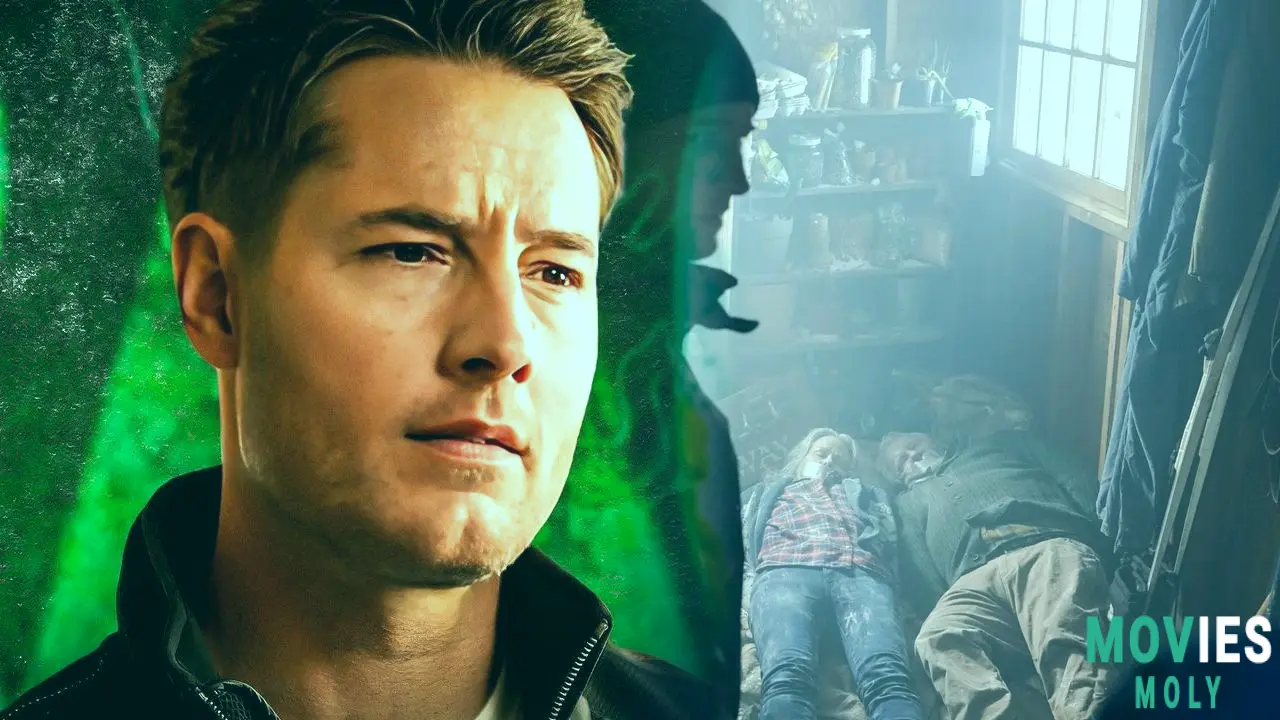
One of the most compelling discussions around Tracker season two is what it means for Colter to be constantly alone — and whether that lone-wolf dynamic is starting to wear thin. Fans and critics alike have noticed that the episodes where Colter teams up with someone in the field — whether it’s Keaton, Reenie, or the hacker Randy — immediately feel more energetic and layered.
Screen Rant even made the case that the show needs to give Colter a permanent partner in season three, and it’s hard to disagree. Not only does a sidekick provide natural chemistry and tension, but it also frees Colter to be more human, more vulnerable, and yes, more believable. After all, a man who never works alone in dangerous situations soon starts to look like a gamer who can’t die.
Colter’s complicated love life only adds to the mix, with season two teasing a possible future with Billie — one of his exes who might just be more than that. Could she be the partner he needs? Or will the show introduce someone entirely new to break up the monotony and push Colter in fresh directions? The possibilities are there, and Hartley seems keen to explore them.
Justin Hartley’s Personal Stake Makes Tracker More Than Just Another Action Show
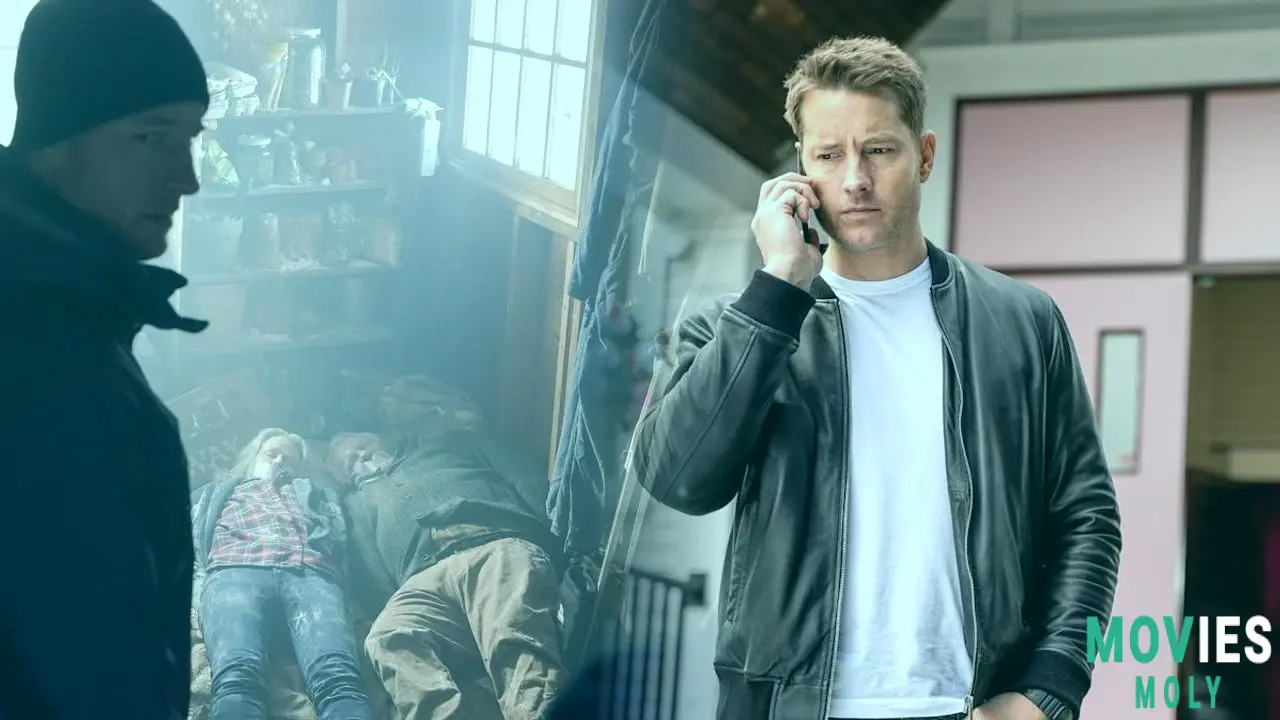
What elevates Tracker — and what separates Hartley’s work here from his previous fame on This Is Us — is the genuine love he has for the material. This isn’t a man chasing paychecks. This is a man *immersed* in a character he believes in. And now that the show has become the most-watched new series on TV since Survivor in 2000, Hartley is finally getting the creative freedom (and audience) he long hoped for.
“I’d never do it if I didn’t think people would see what I saw,” he said. “I liked the character and the format. I was hopeful. And now we’re here.”
With Tracker season three already greenlit, and Colter Shaw’s personal mythology deepening by the episode, Hartley finds himself in the sweet spot of genre TV — a place where he can bring in guest stars (like his long-standing connections with Jensen Ackles and others), tell standalone ‘little movie’ stories, and still push a throughline that matters.
“We have an obligation to tell compelling stories,” Hartley said. “And this season we have like 20 of them.”
Tracker Season 3 Could Turn Colter Shaw From Hunter Into The Hunted
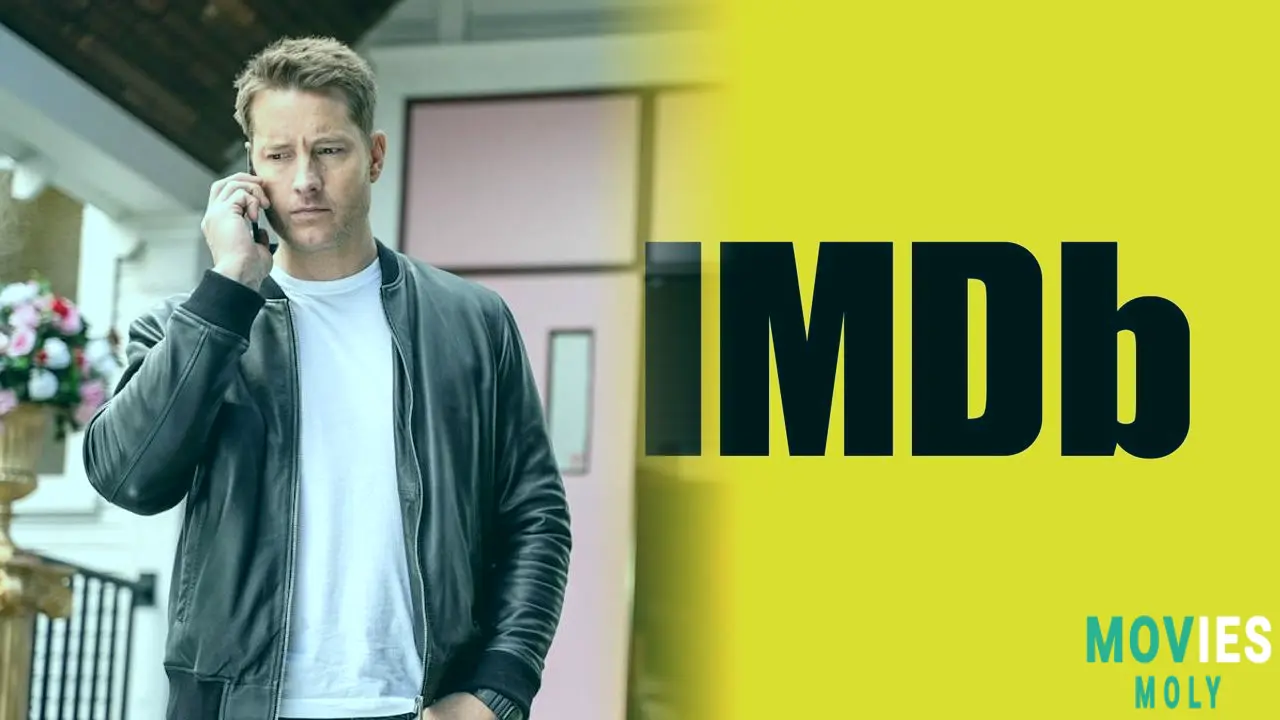
Perhaps the most exciting tease of all? The idea that Colter, with all his skills, survival instincts, and tracking expertise, might one day be tracked himself. Hartley and the creative team are toying with the concept of Colter being set up — forced to run from authorities he can’t outsmart, and fight for a truth that may be bigger than he ever imagined.
“It would be interesting to see him use all those skills to run from the authorities,” Hartley said. “We’ve been kicking that idea around.”
For a character who’s spent two seasons finding missing people, the idea of him becoming missing — or wanted — is a game-changing twist. One that could finally break him free from the procedural mold and into full-on genre hero (or anti-hero) territory.
And the best part? He still wouldn’t be a superhero.

